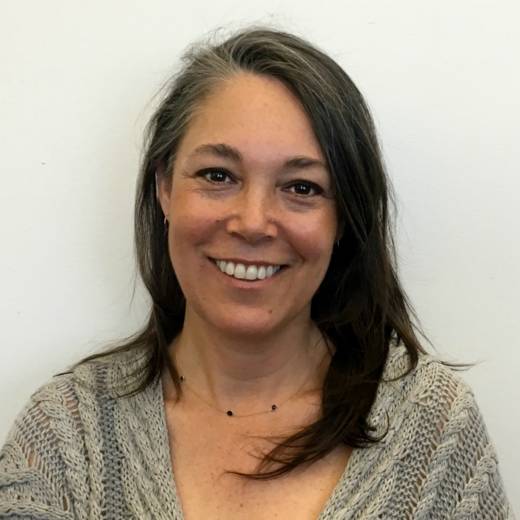When you study crime as I did in graduate school, preparing to become a criminologist, you're actually examining behavior - and the behavior you're examining is often that of people of color. Twenty years later my outlook has evolved as my understanding of white privilege deepens. However, it wasn't until a recent conference on race and trauma that I reconsidered everything.
During his keynote address, a noted African-American scholar instructed his audience to 'change the narrative' around race. And that's when it struck me - so much of criminological research - the journal articles and book chapters - serve to echo the narrative, that people of color are more crime-prone, more likely to be incarcerated, and - that well-intentioned white people are needed to solve this problem.
I now see that I spent graduate school studying fancy academic theories trying to align them with behaviors of those with whom I shared a community, yet were infrequently at the table. I recall jobs at think tanks where I worked on big federal grants, wrote papers, attended conferences, and struggled to come up with theories of my own. About people. Mostly people of color.
This led to the stinging realization of my role in perpetuating this narrative through research - and in doing so, profiting off crime in much the same way as the vilified Corrections Corporation of America.
Research likes to point to promising practices for helping justice-involved youth succeed, or how to better support those returning from prison - but, these don't address the root causes which are largely known but scarcely acknowledged.
